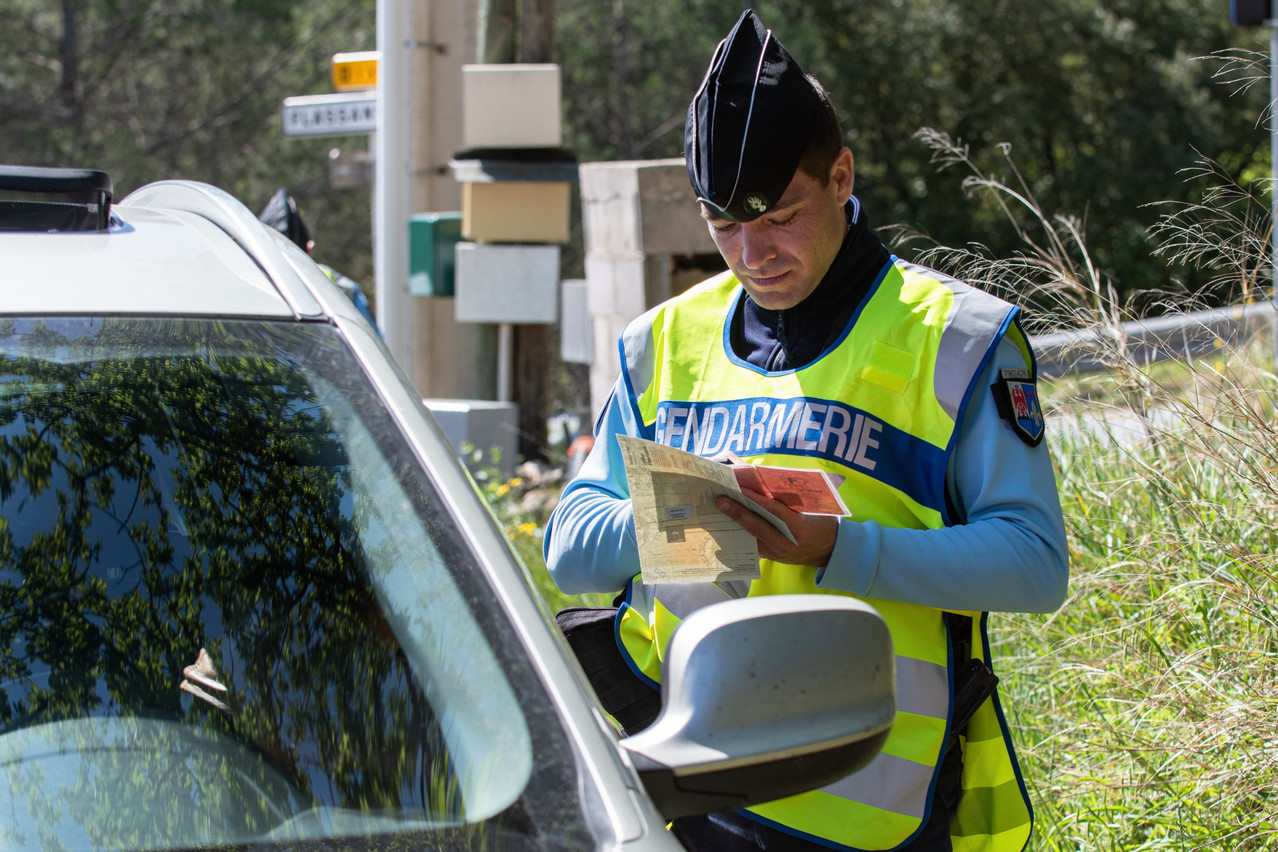France has notified the European Commission and neighbouring member states about the temporary reintroduction of border control with Belgium, Luxembourg, Germany, Switzerland, Italy and Spain. These checks, covering land, air and sea routes, will commence on 1 November 2024 and will remain in place for a period of six months, concluding in April 2025.
The French authorities cited serious threats to public policy, public order and internal security as reasons for this reintroduction. High-level terrorist activities, the growing presence of criminal networks involved in facilitating irregular migration and smuggling and concerns about migration flows that could be infiltrated by radicalised individuals were highlighted as primary security risks.
In addition, irregular crossings along the Channel and North Sea borders were reported as contributing factors. Tensions in northern coastal areas, particularly in Dunkirk and Calais, have escalated due to rising violence among migrants, creating dangerous situations for both migrants and law enforcement officers, said French officials.
Germany similar border control measures on 16 September 2024 along its borders with France, Belgium, the Netherlands, Luxembourg and Denmark. German officials reasoned that these controls were necessary to address security risks posed by irregular migration, including human smuggling at the EU’s external borders. They also mentioned that this situation has exacerbated the already strained accommodation capacity for refugees, especially following the influx of Ukrainian nationals. The border controls between Luxembourg and Germany are set to remain in place until 15 March 2025.
Both France and Germany have framed these measures as essential responses to growing security threats across Europe. The French government emphasised the increasing violence among migrants in key transit points and stressed the need for enhanced security along its borders.
The European Commission mandates that reintroduced border controls should be temporary, proportionate and restricted to the minimum time needed to address the security concerns in question. Both France and Germany have positioned their actions within this framework, citing ongoing threats that necessitate these extraordinary measures.
Currently, eight out of the 27 European Union member states have implemented some form of border controls. These countries are Austria, Denmark, France, Germany, Italy, Norway, Slovenia and Sweden.
A representative of the ministry of home affairs told Delano that, following this announcement, minister (CSV) is in consultation with French authorities, “who have assured him that Luxembourg will not be more affected than it was during the Olympic Games.”
